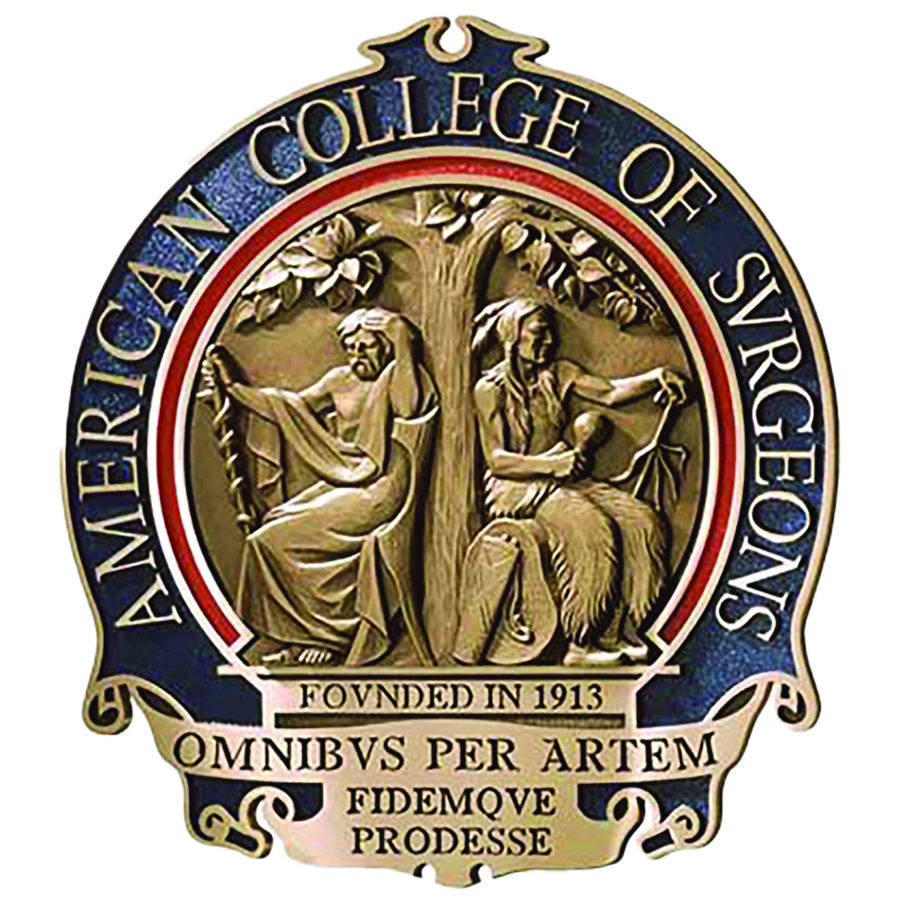Tips on choosing a good surgeon
June 2025

story courtesy of Brandpoint
When you or a loved one is scheduled to undergo a surgical procedure, you obviously want to know that your surgeon is highly skilled, well-trained and prepared to deliver the highest quality care.
Surgery may feel overwhelming, regardless of age or health status. With so many factors to consider, one reliable method to inspire confidence is to select a surgeon with the letters F-A-C-S after their name. This designation means that the surgeon is a Fellow of the American College of Surgeons, the largest surgical organization in the world. The ACS has, for more than one hundred years, set the standards for high-quality surgical care.
WHAT DOES FACS MEAN?
 Earning the FACS designation involves a rigorous application process, verification of credentials, review of a surgical case log, recommendations by colleagues and interviews conducted by a panel of experts. These steps ensure that surgeons meet and uphold the highest standards of surgical care and ethics.
Earning the FACS designation involves a rigorous application process, verification of credentials, review of a surgical case log, recommendations by colleagues and interviews conducted by a panel of experts. These steps ensure that surgeons meet and uphold the highest standards of surgical care and ethics.
By selecting a Fellow of the ACS, you are choosing a surgeon who meets and exceeds standard qualifications, including board certification. The ACS currently has more than 93,000 members worldwide. Fellows provide care in settings ranging from small rural clinics to large academic medical centers. Fellows of the ACS are also represented throughout all of the surgical specialties.
Fellows have reached many milestones in surgery, both past and present, and have been at the forefront of medical breakthroughs. In 1935, Columbia University surgeon Allen Whipple, M.D., FACS, was the first American to perform a complex operation for treating pancreatic cancer — a procedure that bears his name today.
Alton Ochsner, M.D., FACS, made the first link between tobacco and lung cancer in 1939. Cardiac surgeon Bartley P. Griffith, M.D., FACS, performed the first successful pig-to-human heart transplant in the world in 2022. The bottom line is that Fellows of the College make it a point to stay at the head of the class to provide their patients with the best possible care.
WHY DOES FACS MATTER?
The American College of Surgeons has prioritized providing high-quality surgical care for its patients since its founding in 1913. From surgical education and research to patient access, hospital standardization and clinical care, the ACS has remained a global leader in advancing the field of surgery.
When you see FACS after a surgeon’s name, those four letters represent the gold standard in surgical quality. FACS indicates that the surgeon’s education and training, professional qualifications, surgical competence and ethical conduct meet the high standards established by the American College of Surgeons.
For more information, visit facs.org.

Patricia L. Turner, the author of this article, is the executive director & CEO of the American College of Surgeons. (courtesy Brandpoint)
